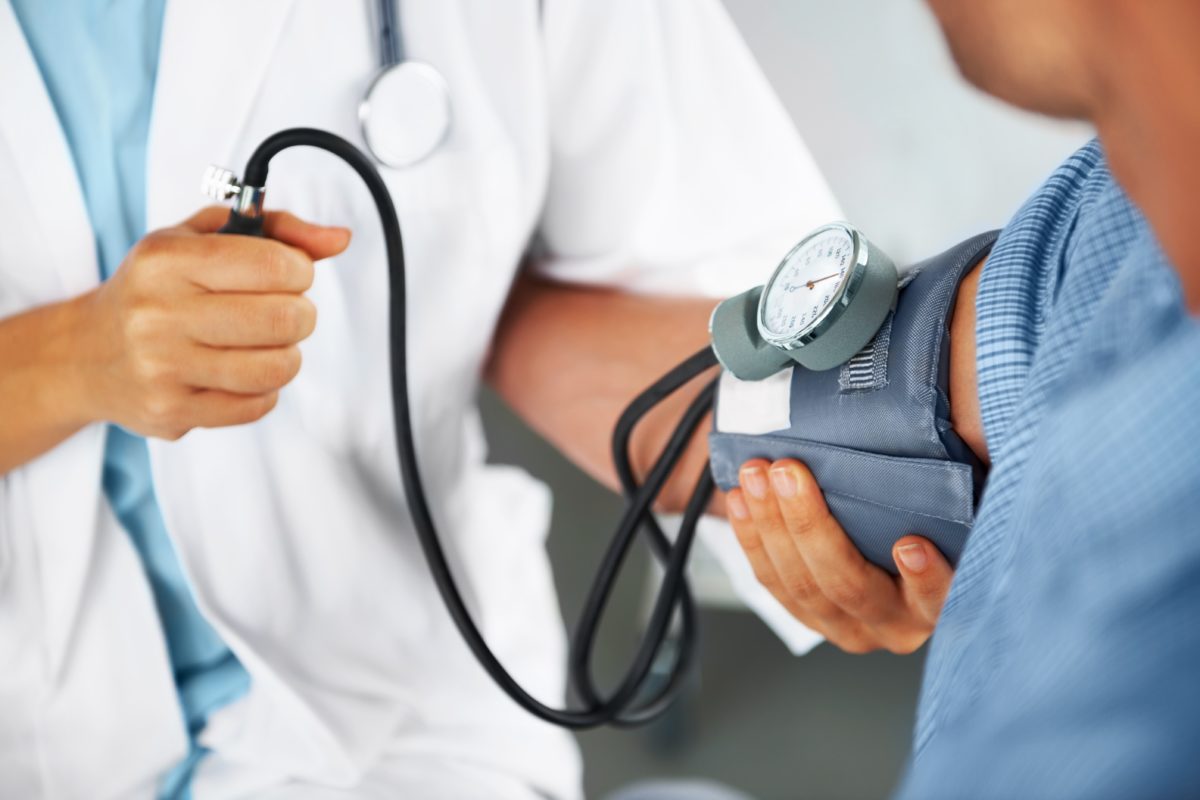Early Heart Attack Care Saves Lives

Date: August 2, 2022
Categories: Health Focused, Heart
Emily Back, BSN, RN
Navigator for Cardiology Services
Jennifer Talley, BSN, RN
Quality Coordinator for Cardiology, Radiology
Augusta Health has received full Chest Pain with PCI Accreditation from the American College of Cardiology for its demonstrated commitment to comprehensive, high-quality culture and cardiovascular care. By achieving accreditation, we improve patient outcomes by reducing cardiovascular disease morbidity and mortality, enhance EMS relationships, streamline processes across departments, and advance CMS quality-of-care-measures. Accreditation is a voluntary process and renewable every three years. For information about services provided by Augusta Health Cardiology, please go to https://www.augustahealth.com/service/heart-vascular/
Did you know? Most heart damage can occur within the first two hours of a heart attack. Early Heart Attack Care (EHAC) education teaches you to recognize the early signs and symptoms of a heart attack and become and active bystander so you can save a life – even if it’s yours.
According to the American College of Cardiology, more than 800,000 Americans experience a heart attack each year. That’s a heart attack every 40 seconds! A heart attack, or myocardial infarction, is the blood supply getting interrupted or cut off, causing tissue death.
Most often this is caused by a buildup of plaque inside the coronary arteries or thrombus. Heart attacks are possible without a blockage, but this is rare and only accounts for about 5% of all heart attacks. When a blood clot blocks an artery to the heart it is called a heart attack. The first 90 minutes after symptoms begin are critical.
Persons experiencing a heart attack are more likely to survive if blood flow is restored. Blood is most often restored through use of a technique called cardiac catherization. This is where an interventional Cardiologist enters the heart through an artery in the groin or wrist, with a small wire. The wire has a tool to remove the clot and deploy a wire stent to keep the cardiac vessel open. Heart attacks can be scary, and often life changing.
Therefore, early recognition is crucial to save a life. If you think you are having a heart attack, dial 911 immediately.
LEARN
Put your heart in the right hands. Like other diseases and illness, there are early symptoms of heart attack that are apparent long before a massive event occurs. Early detection is vital to prevent death or severe heart damage.
The risk factors for a heart attack are:
• Chest pain, pressure, burning, aching or tightness – it may come and go
• A family history of cardiovascular disease
• High blood pressure
• Overweight or obese
• Sedentary lifestyle
• Using tobacco products
• Metabolic disease, diabetes, or other illnesses
• For women it can also include birth control pills, a history of
pre-eclampsia, gestational diabetes
What is the difference in a heart attack in men versus women?
Chest Pain is the most common symptom; however, women are more likely to experience some of the other common symptoms.
• Men normally feel pain and numbness in the left arm or side of chest,
but in women, these symptoms may appear on the right side.
• Women may feel completely exhausted, drained, dizzy, or nauseous.
• Women may feel upper back pain that travels up into their jaw.
• Women may think their stomach pain is the flu, heartburn, or an ulcer
PREVENT
There are steps you can take to help prevent or lower your risk of having another heart attack.
- Eat a heart-healthy, plant-rich diet
- Maintain a healthy weight
- Exercise several times week, recommend 30 minutes of activity daily, balancing with periods of rest
- Don’t smoke
- Limit alcohol
- Ask your provider about cardiac rehabilitation
- See your primary care doctor regularly for routine follow up including monitoring of blood work and management of cholesterol, blood pressure, diabetes
- Reduce stress levels
- Pay attention to your body and how you feel.
- Take all medications as directed and talk to your care team about any issues or concerns
SAVE A LIFE
If someone collapses, call 911.
Emergency Medical Technicians (EMTs) are trained medical professionals and are equipped with life-saving machines and medications that can diagnose a heart attack. Ambulances can activate a heart attack alert while they are on their way to the hospital. The facility then activates the staff to provide immediate care upon arrival.
Prior to EMT arrival, perform hands-only cardiopulmonary resuscitation (CPR) and find and deploy an Automated External Defibrillator (AED) if possible. American Heart Association advises that our hands can do so many things, the most important of which may be saving someone’s life. Hands only CPR involves pushing hard and fast in the center of the chest, which is an effective method to increase a victim’s chance of survival. If an AED is available, activate it as soon as possible. AEDs provide easy to follow verbal instructions to help someone.
DISCOVER
Augusta Health is a Chest Pain- PCI accredited hospital partnering with the American College of Cardiology to deliver the highest level of clinical excellence, continuing education, and constant improvement in heart care. Augusta Health is incredibly proud to have achieved re-accreditation as a Chest Pain with Primary PCI certified center. This means the hospital and team have undergone a rigorous review process to ensure they are meeting and exceeding the national standard for Acute Myocardial Infarction. This is made possible because of an organized team of doctors, nurses, clinicians, and other administrative staff working together to educate staff and the community about Early Heart Attack Care. The team develops and shares quality practices that optimize the care and outcomes of patients with acute cardiovascular disease.
Augusta Health Cardiology services provide not only emergency and non-emergency PCI, but electrophysiology, heart failure care, device implantation and follow-up, state-of-the-art diagnostics, inpatient care, cardiac rehabilitation, wellness services, research, a cardio-oncology program, and outpatient care through Augusta Health’s Heart and Vascular Center, with multiple offices across the region.
